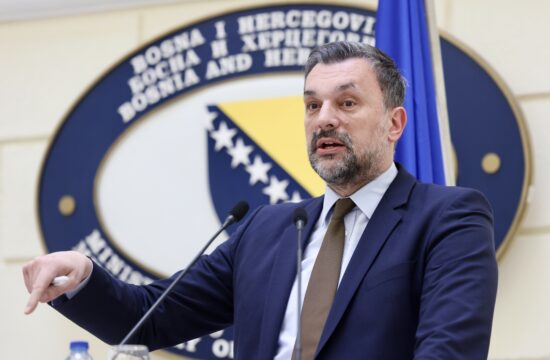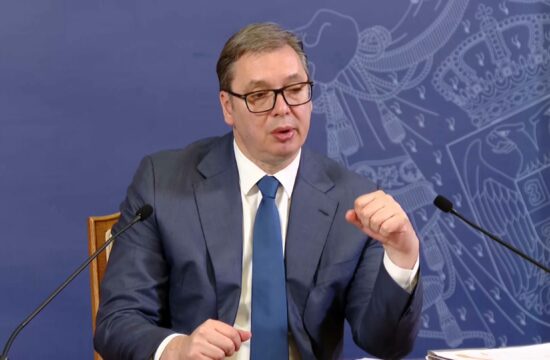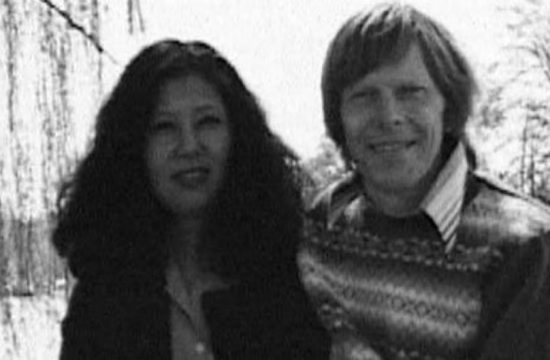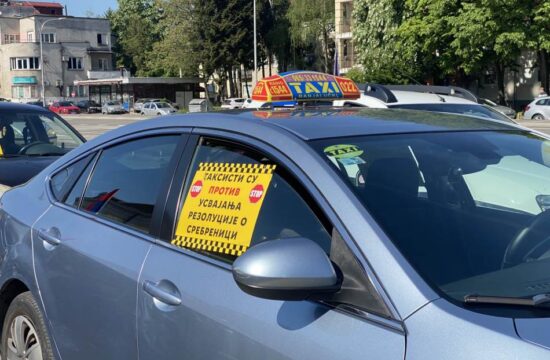
Discussion on the 2004 Srebrenica Report and its annulment means the continuation of the policy led by Bosnia's Serb leader, Milorad Dodik, which systematically denies the Srebrenica genocide and attempts to revise the facts of history, the ruling Party of Democratic Action (SDA) said on Wednesday.
No conclusion or statement can change the truth about the genocide against Bosniaks of Srebrenica, SDA said adding that this truth entails that the genocide against Bosniaks in the UN-protected zone of Srebrenica was committed by the forces of the Republika Srpska (RS) entity, Bosnia's Serb-dominated part.
The RS parliament convened on Tuesday in a special session at RS President Milorad Dodik's request to discuss the 2004 Report on Srebrenica which Dodik assessed as fake and being used for political manipulation.
According to Dodik, the report adopted by an RS Government's commission, which includes the information on the Srebrenica events from July 1995, was passed under the pressure of the international community.
The RS National Assembly adopted on Tuesday a conclusion without votes of Bosniak MPs, rejecting the 2004 Srebrenica Report and stipulating among other things the formation of an independent, international commission to impartially determine the extent of suffering of the Serbs in Srebrenica during the 1992-95 period and in Sarajevo during the 1991-95 period.
SDA said the conclusions passed by the RS National Assembly had no legal or historic effect but they clearly confirmed that representatives of the Bosnian Serbs were not ready to face the truth and take the road of reconciliation.
“The RS authorities have continued manipulating the Serb people, linking the genocide against the Bosniaks of Srebrenica with the suffering of Serbs in Sarajevo. They deliberately keep quiet about the fact that the largest number of Serbs in Sarajevo were killed by bombs and snipers shot from the RS army's side just like their fellow citizens of other ethnicities were…,” SDA said.
In April 1993 the UN had declared the besieged enclave of the eastern Bosnian town of Srebrenica a safe area under the UN protection. However, in July 1995 the Dutch battalion soldiers failed to prevent the town's capture by the Bosnian Serb forces and the massacre that followed.
More than 8,000 Bosniak men and boys were killed in what two international courts ruled was a genocide committed in the days after 11 July 1995. So far the remains of more than 6,600 have been found and buried.




